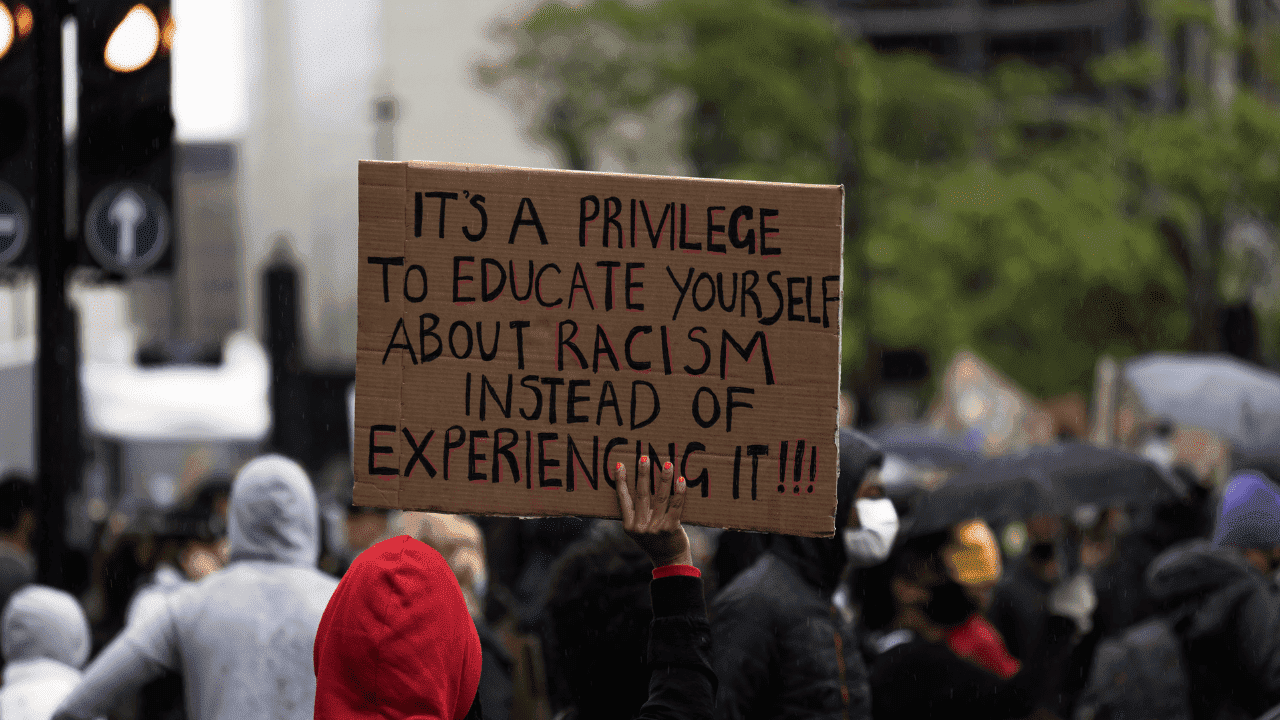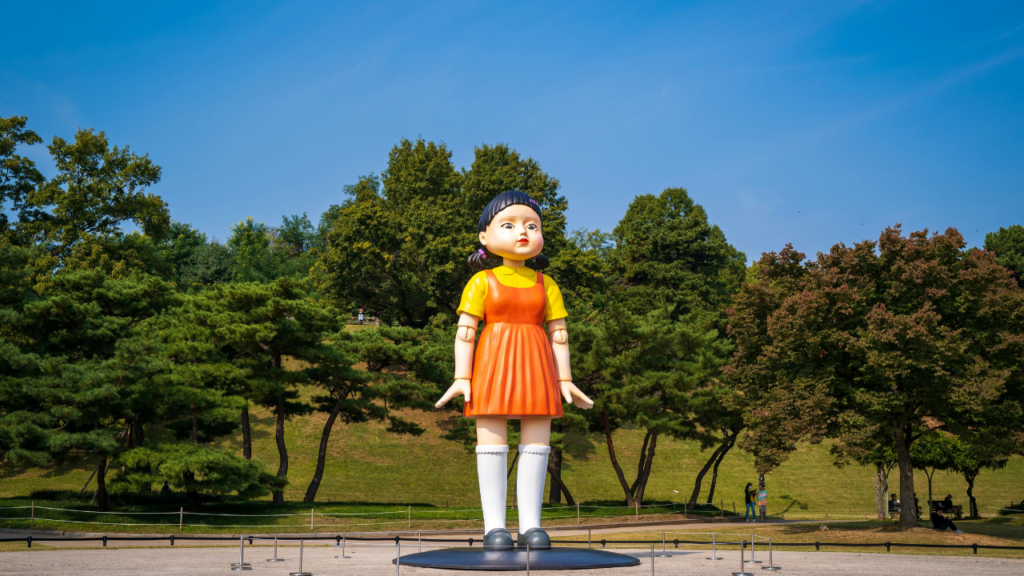Indians Speak Out Against Racism in South Korea

In recent years, South Korea has emerged as a global cultural phenomenon, with its dramas and TV shows captivating audiences worldwide. However, beneath the surface of this cultural success story lies a darker reality—persistent discrimination against immigrants. Despite the country’s urgent need for an influx of foreign residents to address its aging population, reports of unfair treatment based on race, have become frequent.
South Korea is actively seeking immigrants to counteract the challenges posed by an aging population and to bolster its workforce. The government has implemented various initiatives to attract foreign talent. However, the harsh reality on the ground tells a different story.
Do Indians experience racism in Korea?
Immigrants in South Korea, especially those from countries like India, are facing systemic discrimination and unfair treatment. A recent video by Nikita Thakur has shed light on the harsh realities faced by Indians in South Korea. The footage showcased banners in clubs and cities explicitly excluding Islam and Hindus, highlighting the discriminatory practices that immigrants are subjected to. Amid these challenges, India and South Korea are in talks to sign a migration agreement that aims to allow easier mobility for professionals of the two countries.
The lack of support from the Korean community towards Indians facing discrimination in South Korea raises questions about the values and morale of South Koreans. As South Korea positions itself on the global stage, its values and ethical standards are under scrutiny. The moral imperative to address discrimination and stand up against injustice becomes increasingly important for the nation’s reputation and international standing.

While South Korean culture, especially its entertainment industry, has garnered global acclaim, the country’s obsession with beauty standards remains a major impediment. The emphasis on a specific set of physical attributes perpetuates a culture that marginalizes those who do not conform to these standards, including many immigrants.
The deeply ingrained concept of lookism, where appearance is of utmost importance, fuels the high value placed on plastic surgery in South Korea. This pervasive mindset creates an unwelcoming atmosphere for immigrants who may not fit the conventional beauty norms, contributing to a culture of discrimination.
South Korea stands at a crossroads, torn between its global success in the entertainment industry and the persistent discrimination faced by immigrants within its borders. As the country actively seeks immigrants to address demographic challenges, it must confront and rectify the deep-seated issues of discrimination and unfair treatment. To truly address the discrimination faced by immigrants, South Korea must undergo a cultural shift that embraces diversity and inclusivity.
Read More: Iceland Plans to Drill into Volcano for Clean Energy
Stay informed with Decode Today! Subscribe for the latest updates on global news, businesses, market trends, technology, and the economy.
